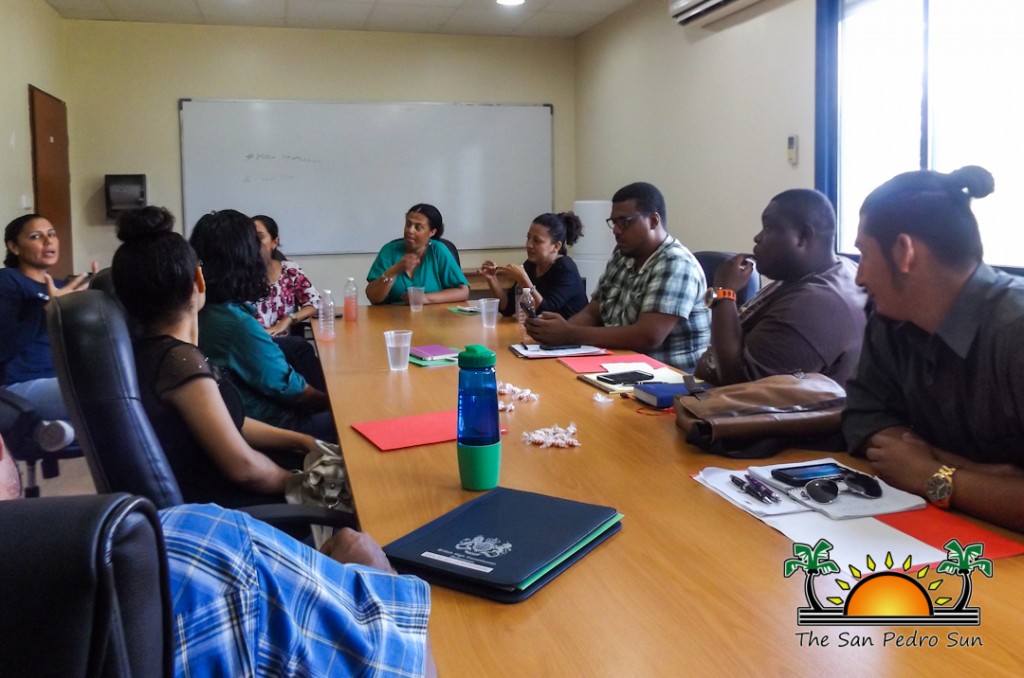The first professional journalism course has finally been introduced to Belizean journalists. The first lecture took place on Saturday, June 11th at the Central Campus of the University of Belize in Belmopan City. Journalists from across the country will be undertaking the syllabus: ‘safeguarding the future: The environmental and economic connections in Belize.’
The 12-month free course includes classes and field work focusing on topics and issues at the heart of Belize’s environmental and economic crossroads. The media members that registered will also benefit from the course modules of basic journalism, newsgathering, skills, best practices, and instruction in the use of social media and digital platforms.
The course is being facilitated by Lead Instructor and Coordinator Holly Edgell, through the Belize Coalition to Save Our Natural Heritage in partnership with The Department of Environment, The University of Belize, and United States Embassy in Belize. The duration of the course is from June 2016 through June 2017. The two-hour classes will take place twice a month, and on certain occasions, will also include field trips. Participants are required to complete at least 90% of the class sessions and field trips, complete all homework/readings and develop a capstone project proposal to be developed by December 31, 2016 and completed by May 31, 2017.
Many members of the Belizean Media Corp do not receive formal journalism training, as it is not a course offered at tertiary level institutions. Edgell believes this initiative will encourage the inclusion of additional and relevant courses in the writing field at the upper level institutions in Belize.
The course is divided into three terms, focusing on environmental economic impact issues, and the journalistic coverage of said topics. It will also include lessons on media law, and a guide to public participation in navigating access via information gathering, freedom of information to available records and resources. “Information should always be available to the media. By law, journalists have the right to access information in order to inform the nation on events of interest,” said Edgell.
Also discussed was the need to form a union/association of journalists in Belize. Teachers, workers, and farmers have their unions in order to be stronger and united. The media is constantly painted as a negative entity. The idea to form a body that would protect every news reporter in the country was highly considered by all participants. It is expected that by the end of the course or even before, the union may be achieved.
At the end of the first class session, participants were introduced to links between ecological issues and how the Belizean economy works. Even though Belize holds the 3rd highest per capita income in Central America, this figure can be misleading, as the results mask a high income disparity between the rich and the poor.
Upcoming classes will delve deeper into these topics and others. Some of the issues to be addressed will include the identification of environmental cases that go un-reported or that are poorly reported in Belize.

Share
Read more

